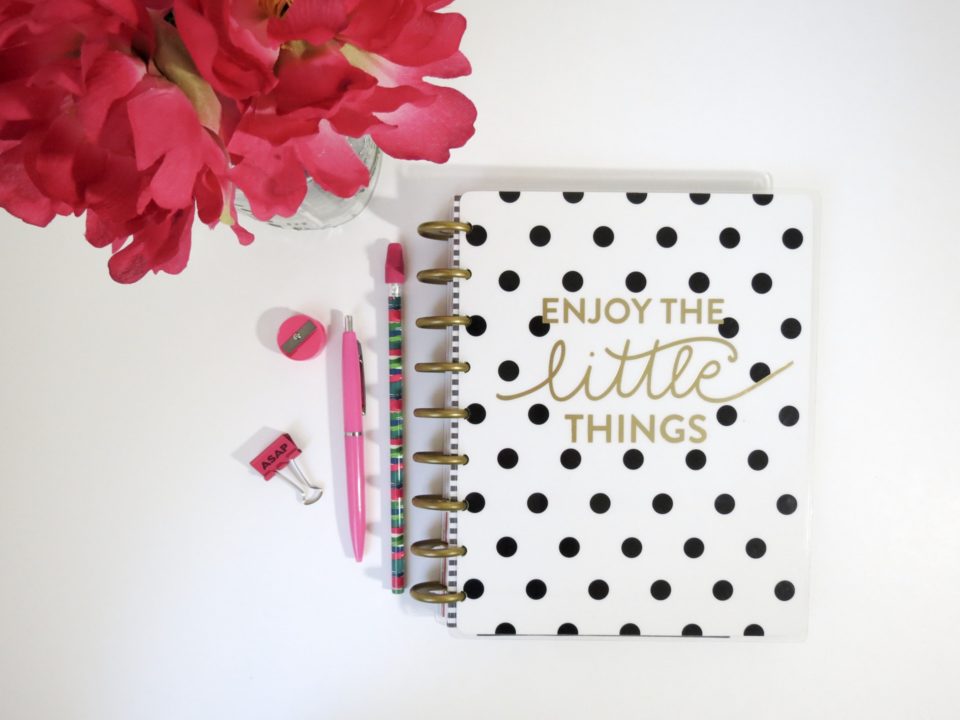Happy New Year, Writers! Yes, it’s that time of year again when we re-focus on what’s important to us and for writers, that means our commitment to our writing, taking our careers to the next level, and hopefully, finding a bit more joy in the process. Typically, this is my favorite time of year–I adore the sense of a fresh start, live for the excitement of new possibilities, and am motivated by the new and shiny.
But this year? This year I’m tired.
With my first book coming out in 2017, it was a year full of new milestones and years of hard work coming to fruition. There was a lot of work involved and a lot of excitement. But the trying part of last year was my own expectations of myself and the stress that resulted. Self-care was a big priority to me in 2017 but even so, many years of bad habits, of pushing too hard, of lacking balance are not easily broken and have taken their toll.
So for 2018, I’m approaching goal setting differently. Normally, I like to do a full goal-setting session that usually takes several days. (Some of you are cringing right now, and some of you are laughing–I LIKE GOALS. Sue me.) I mainly focus on the big picture tasks I want to accomplish throughout the year, ensure that I still have a strong understanding of what I want for my career and that I’m still in line with it, and check that my mindset is in the right place to make the most of the year.
Thankfully, I feel very happy with where I’m at in my career and my vision for its future hasn’t changed. More importantly, in order to be the best and most productive writer in the new year and the years that follow, it’s personal goals and habits that will be most beneficial for me to focus on.
If you’re in a similar place, if you tend to loathe the idea of resolutions, or if you break into hives when you think about setting goals, I have some simple ways for you to bring growth into your year and your writing career without having to do any complicated goal setting.
Also, it’s fun. I promise.
1. Set an intention.
So, okay, this might just be another word for “resolution” but sometimes approaching something from a different angle makes it easier. For most people, though, New Year’s Resolutions tend to be goals without a plan (i.e. Lose 10 pounds) and that’s why they don’t work. An intention, however, isn’t a goal and doesn’t necessarily require a plan. An intention is a focus. What do you want to work on improving? Some examples are: live healthfully (rather than “lose 10 pounds”), write daily, make writing a priority, find more joy in writing, find more joy in life, spend more time with friends, learn more about the writing industry, etc.
How to make this work: Write your intention on your bathroom mirror. Write it on notecards and post them around the house. Put it as a reminder on your phone that pops up regularly. To make this an effective way to grow in 2018, you must keep it at the forefront of your mind. When you do, ways to fulfill your intention will be more evident when they arise.
2. What do you want to prioritize?
Similar to an intention, you can simply pick one part of your life you want to make a bigger focus in the new year. It could be writing, learning about the industry, building a bigger social media following, or your health, your happiness, your family.
How to make this work: See above. Again, you’ll want to find ways to keep your priority in front of you as much as possible.
3. How do you want to feel?
Last year I read a really smart book called The Desire Map by Danielle Laporte, in which she asserts that any goal we strive for isn’t really about the goal itself but about how we believe we’ll feel once we reach the goal. I COMPLETELY AGREE. By turning that around and understanding how we’re striving to feel first, we can then choose goals that might more accurately and more easily help us feel those “core desired feelings.”
How to make this work: Get a copy of The Desire Map for a more detailed explanation of how to do this as well as a list of positive feeling words to choose from. Or simply write down 3-5 positive words that you most want to feel in the coming year. Journaling is a great way to figure out what those might be for you. And then, like with intentions and priorities, post those words where you can see them every day.
4. What one word do you want to live by?
Similar to all of the above but even simpler, simply pick one word that will be your focus for the year. Some ideas might be: focus, mindful, balance, faith, trust, believe, confidence, connection, etc. You could also choose a phrase.
How to make this work: See “Set an intention.”
5. How do you want to change your writing routine?
Rather than focusing on a particular outcome, which can sometimes elude us no matter how hard we try, it can be helpful to focus on the effort you will put in instead. If you struggle to make writing a priority, feel like you’re juggling too many things, aren’t getting as far in your writing career as quickly as you’d like to, or simply feel like your days are slipping away from you without much to show for it, consider taking a look at your routines and making adjustments.
How to make this work: Check out my Time Blocking Worksheet post and download for ideas on how to create your ideal schedule.
6. Set shorter term goals.
The years can go by quickly but looking ahead, they can seem long. The truth is, we never know where we’ll be by the end of the year and all the challenges we’ll face in between now and then. Trying to plan that far in advance can seem overwhelming and pointless. (When you do set plans for the whole year, it’s important to schedule regular times to review and adjust your goals.) If it makes more sense to you to set shorter-term goals, try planning for the next quarter or even just this month. There is no shame in taking it one day at a time, and for many this will be a thousand times more productive than getting too overwhelmed to even start.
How to make this work: Any way that works for you! You can use any of the techniques above or simply make a list of tasks you want to accomplish.
To support you in hitting your writing goals in 2018, be sure to check out my 2018 Writing & Revision Tracker to set and track goals with daily, weekly, monthly, and year totals!

And if you’d like to hear more about what my goals for the year are, on a personal level, for supporting other writers, and for my writing, or if you’d like to share your goals and get support from like-minded writers, be sure to join my Facebook Group, Motivated Writer.
How are you setting goals for your writing and career this year? Do have any other goal-setting techniques to share? Please post them below!



